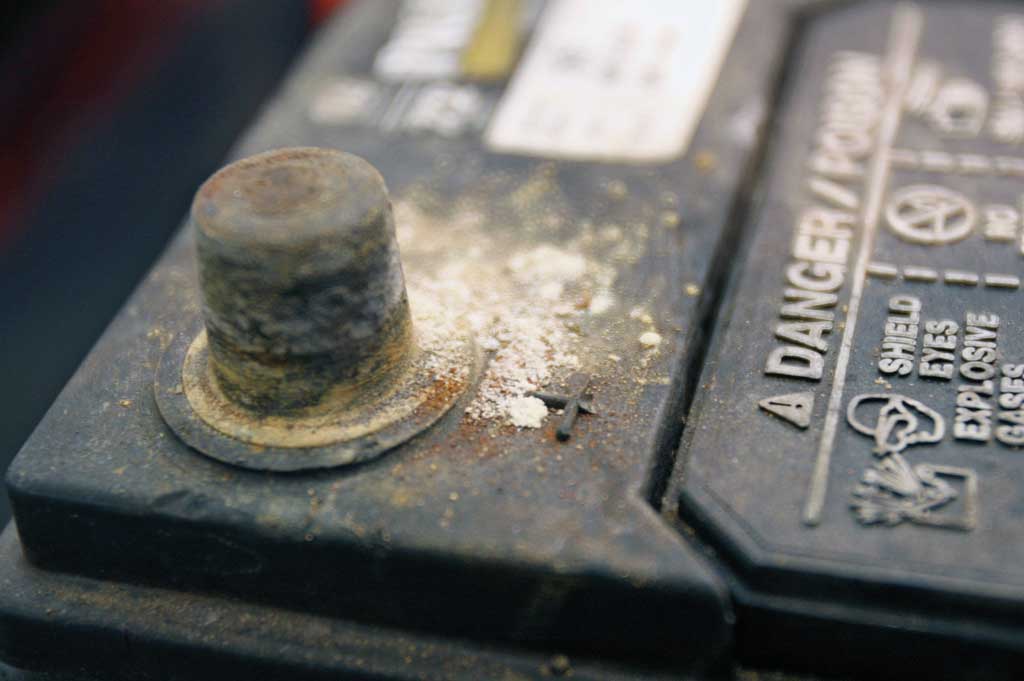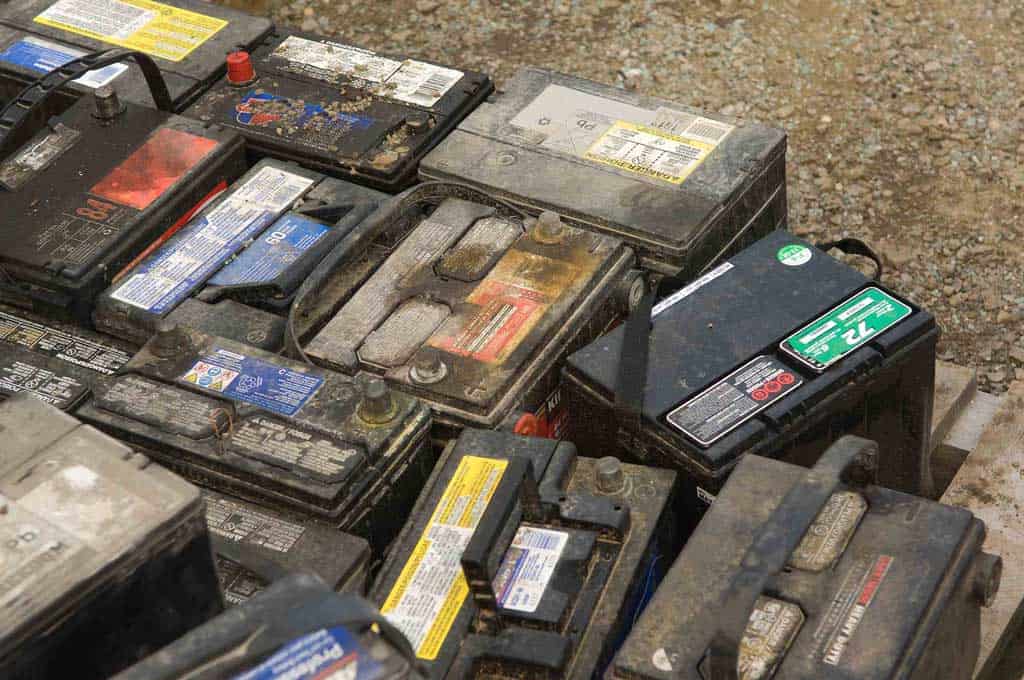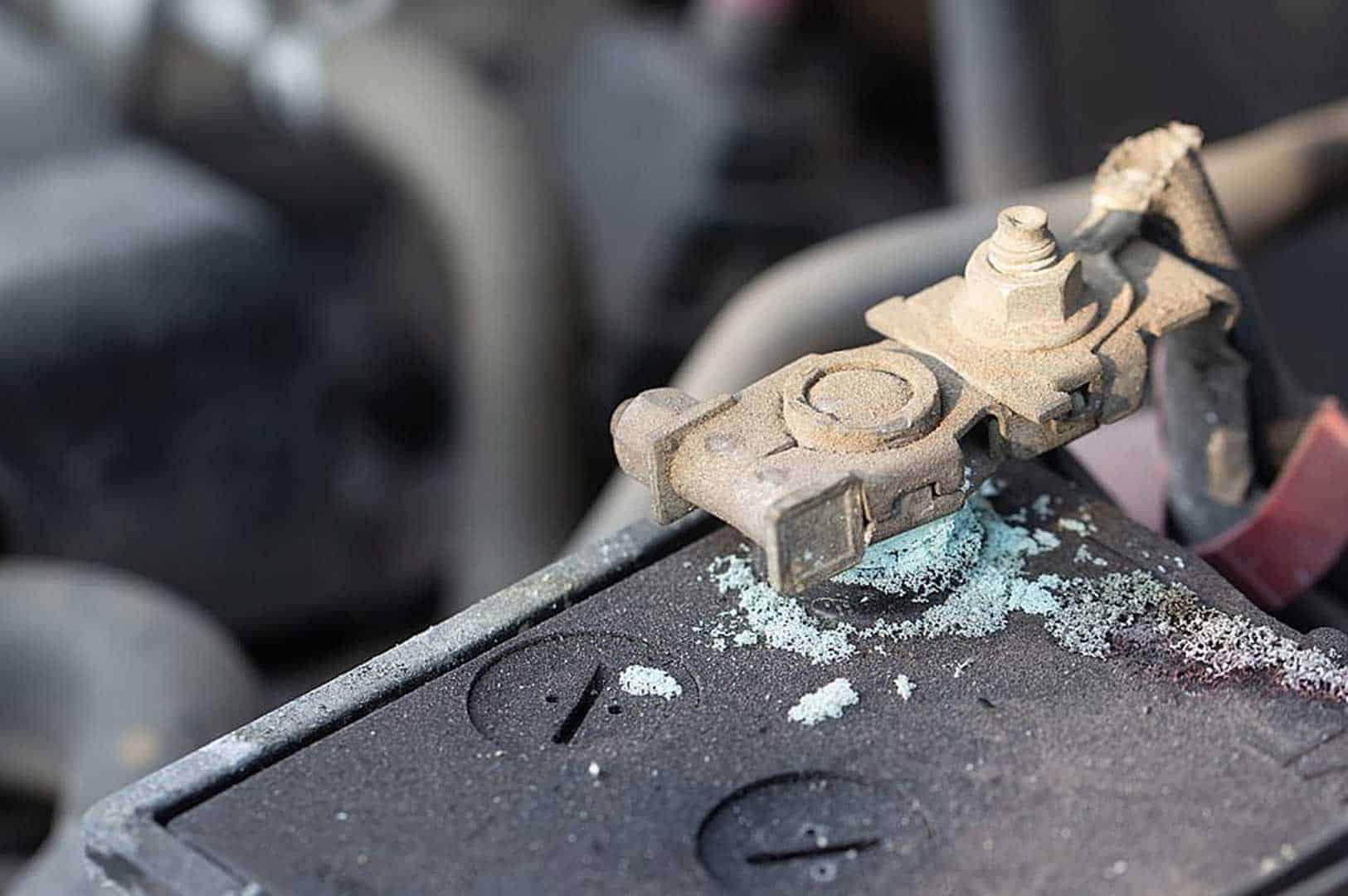What does sul mean on a battery charger? Sul means the formation of lead sulfate crystals on the battery plates. It blocks the flow of electricity between the plates and prevents the battery from recharging.
Sulfation is a primary cause of battery failure in all automobile applications. It’s a rapid process that may take only 24 hours to set in. However, several factors can trigger the sulfation process. Let’s find out what causes batteries to sulfate and how to prevent it.

Read more: How to Charge a Car Battery Without a Charger
What Does Sul Mean on a Battery Charger?
If you never hear the word sulfation on a battery, you probably wonder: what does sul on battery charger mean?
It refers to the sulfate buildup on a battery surface. This buildup prevents current from flowing efficiently and can make a battery unserviceable.
Sul is also an indication of a battery charger error code. The sul code on battery charger indicates the charger finds a sulfated battery.
Check each battery charger sul code and its meaning:
| Sul Code on Battery Charger | Meaning |
| F01 | Battery voltage <10 |
| F02 | The charger is unable desulfate |
| F03 | The battery is unable to be fully charged |
| F04 | Reversed connection |
| F05 | Unable to maintain charge/decrease efficacy |
However, it’s normal for small sulfate crystals to develop during usage. But many crystals form on the plates when a battery suffers from extended charge deprivation, which reduces lead oxide (the battery’s active component). As a result, it prevents the conversion of chemicals into electricity.
Causes and Symptoms of a Sulfated Battery
Undercharging and overcharging the battery can lead to its sulfation. It can also happen when you keep the battery in a high-temperature environment. Unused battery units are also at risk.
So, how do you know if your battery has already been affected? Well, some clear signs will hint at the upcoming hazard.
Constant heat buildup is one of the leading symptoms. But that’s not the only one. Below are some of the other symptoms:
- Sulfated batteries don’t function properly
- Discharged batteries not holding a charge
- Longer charging times
- Batteries discharge too quickly when not in use
- Batteries get hot even when not in use
- Battery failure
How to Diagnose a Sulfated Battery?
What does sul mean on a battery charger? The diagnosis gives you a clear view of the process.
Here are the steps to diagnose a sulfated cell by digital voltmeter:
- Recharge the battery to its full charge.
- Rest the battery overnight before checking the circuit voltage to prevent misreading.
- Measure the battery’s voltage. If you find the voltage <12.4 V, it’s an indication that the battery is sulfated. A reading higher than 12.4 V means you can still recover the battery.
- Charge the battery again and rest it for 72 hours.
- Repeat until the battery voltage reaches maximum capacity, or no improvement is evident.
How to Fix a Sulfated Battery Unit
Sulfation is a common issue for lead acid batteries. There are two types of sulfation in battery chargers: reversible and irreversible or permanent.
Here is how to fix a sulfated battery:
Reversible
To fix this problem, you must overcharge a fully-charged battery with a 200mA. Raise the terminal voltage to 2.50 – 2.66 V for 24 hours. It will increase the battery temp to 122–140°F (50–60°C) and dissolve the sulfate crystal.
You can also use an anti-sulfation system for the battery terminals that prevent reverse sulfation.
Irreversible or permanent
When the battery remains uncharged for a prolonged time (weeks to months), the battery plates may become covered with lead sulfate crystals. In that case, you cannot restore the unit.

How to Prevent Battery Sulfation?
The easiest way to prevent sulfation is to charge your battery correctly. Do it by using a compatible charger and keeping your battery charged.
Below are a few quick tips that may help you avoid sulfation:
- Charge batteries after each full discharge and before long periods of non-use.
- Avoid overcharging or over-discharging your batteries.
- Use the battery regularly.
- Clean the battery terminals periodically.
- Be sure to store your batteries in a cool, dry place.
You may also like:
FAQs about Battery Sulfation
1. What are the recommended chargers to recover sulfated batteries?
Using a battery desulfator charger is the best way to restore sulfated batteries. The charger will clean out and remove any sulfation in the battery.
2. Does a battery Desulfator really work?
Yes, a battery desulfator can recover sulfated batteries. It’s an inexpensive device, so try it before using other methods.
Conclusion
So, what does sul mean on a battery charger? As you have read, this is nothing to worry about as long as the battery is properly maintained.
However, if a battery does become sulfated, it will show various symptoms. You should troubleshoot an affected unit as soon as you can.

